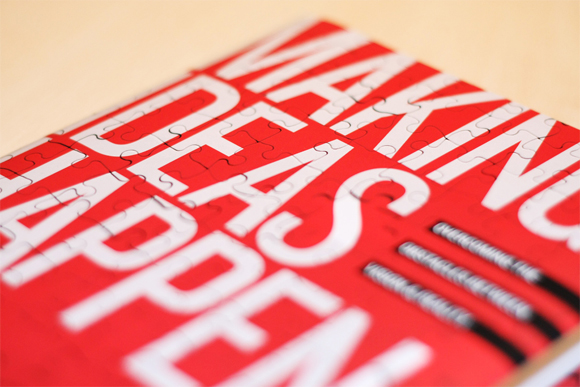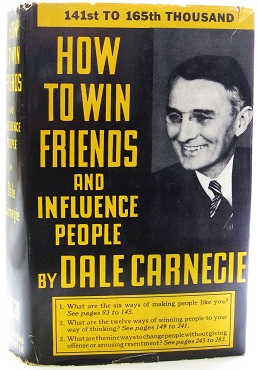“The people who are crazy enough to think they can change
the world are the ones who do.”
—Apple’s “Think Different” commercial, 1997
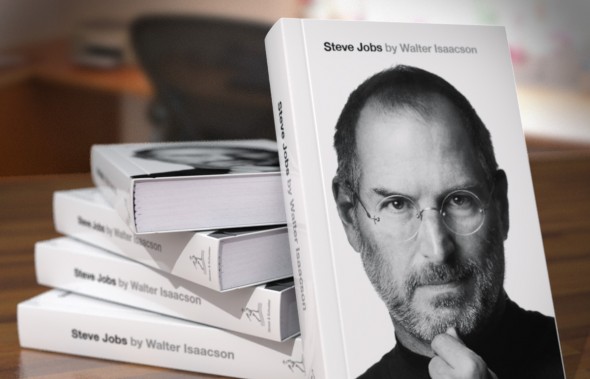
He believed in integrated systems.
He gave humanity closed gems assembled to perfection.
But he rarely opened up.
Maybe because he was an entity that need constant
“fixing”.
And he died mostly not ready to open his body. His
integrated system.
As he said: The body exists to serve the spirit.
Steve. True genius of our time, relentless in his pursuit to leave his footprint in the planet. And by doing so he marked an era.His entrepreneurial myth will mark decades to come. Jobs started Apple with Woz in garage in 1976, publicly humiliated and chased away from Apple in 1985, saved it from becoming ashes in 1997, and when he died- 2011, Apple became world’s most valuable company.
Incredible journey saw him mark, redesign and bread new life into industry. When you reconsider it, he changed our world so thoroughly, that we can not take a step into 21st century maze without stepping over his mark on each corner:
Is there a slicker computer then Mac?
More popular animated features than those made in Pixar?
Has any phone a bigger legion of devotees?
More exciting post computer era the this one completely dominated by iPad ?
Music more available than that “99 cents per song” playlists?
Retail stores more appealing and popular than Apple’s?
Trough over 40 interviews with Jobs- Walter Isaacson, a
famed biographer and ex New York Times editor in chief, has
given us precious, unique glimpse of a raw, human side of
unpleasant and troubled genius. He gave us Jobs.
“The essence of Jobs, I think, is that his personality was
integral to his way of doing business. He acted as if the
normal rules didn’t apply to him, and the passion,
intensity, and extreme emotionalism he brought to everyday
life were things he also poured into the products he made.
His petulance and impatience were part and parcel of his
perfectionism.”
Isaacson on Jobs 2013
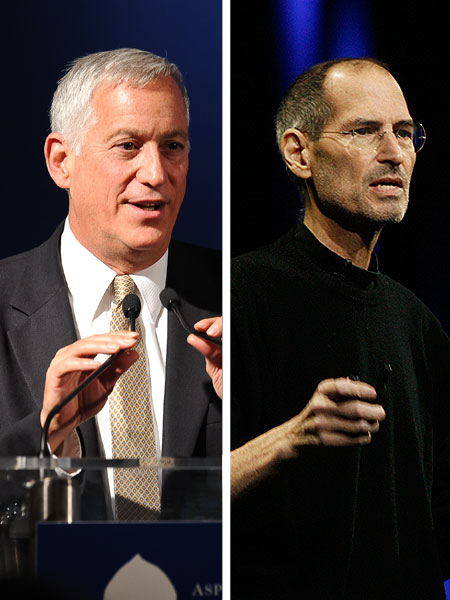
In any decent tech site you can read an overview and summary of the window into Jobs world by Isaacson. As an devotee and one that is truly inspired by relentless pursuit for excellence (even the one that included him being obnoxious, liar and tyrant ) that he embodied I will try to outline some of the key points from the book that personal reflected/influenced my leadership visions. With help of Isaacson’s overview on jobs.
“I once asked him what he thought was his most important
creation, thinking he would answer the iPad or the
Macintosh. Instead he said it was Apple the company.
Making an enduring company, he said, was both far harder
and more important than making a great product. How did he
do it? Business schools will be studying that question a
century from now. Here are what I consider the keys to his
success.
Indeed, he and Apple had had a string of hits over the
past dozen years that was greater than that of any other
innovative company in modern times: iMac, iPod, iPod nano,
iTunes Store, Apple Stores, MacBook, iPhone, iPad, App
Store, OS X Lion—not to mention every Pixar film.”
Isaacson on Jobs 2013
Leadership lessons, Jobs style:
“Stop!” he shouted. “This is crazy.” Focus!
“Deciding what not to do is as important as deciding what to
do. That’s true for companies, and it’s true for products.”
Concentrate on beautiful “insanely great” products. Profits later.He never spoke of profit maximisation or cost trade-offs. Don’t worry about price, just specify the computer’s abilities,” he told the team leader back in the day . At his first retreat with the Macintosh team, he began by writing a maxim on his whiteboard: “Don’t compromise.”
“Simplicity is the ultimate sophistication,”
Apple’s first brochure.
“It takes a lot of hard work,” he said, “to make something
simple, to truly understand the underlying challenges and
come up with elegant solutions.”
“Customers don’t know what they want until we’ve shown them.” Follow your intuition, know the environment.
He frequently quoted Henry Ford’s line “If I’d asked customers what they wanted, they would have told me, ‘A faster horse!’”
“The people in the Indian countryside don’t use their intellect like we do; they use their intuition instead,” he recalled. “Intuition is a very powerful thing—more powerful than intellect, in my opinion.”
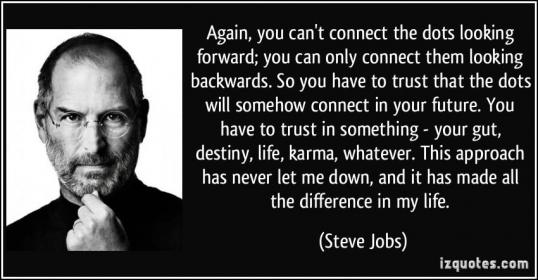
Reality Distortion Field
He could inspire his team to change the course of computer
history aldough he had a fragment of IBM power. “It was a
self-fulfilling distortion,” recalls Debi Coleman, a member
of the original Mac team who won an award one year for being
the employee who best stood up to Jobs. “You did the
impossible because you didn’t realize it was impossible.”
Strive to Perfection. Cut down even the slightest of
imperfections
He changed first Iphone design abruptly. “Guys, you’ve killed yourselves over this design for the last nine months, but we’re going to change it,” Jobs told Ive’s team. “We’re all going to have to work nights and weekends, and if you want, we can hand out some guns so you can kill us now.” Instead of balking, the team agreed. “It was one of my proudest moments at Apple,” Jobs recalled.
“People are busy,” Give them ready-to-use systems. Give them end to end experience.
“They have other things to do than think about how to integrate their computers and devices.” This statement stemmed from his personality, which was very controlling. But it was also driven by his passion for perfection and making elegant products.
Meet people. Interact. Tech cannot replace human contact.
“I hate the way people use slide presentations instead of
thinking,” Jobs recalled. “People would confront a problem
by creating a presentation. I wanted them to engage, to hash
things out at the table, rather than show a bunch of slides.
People who know what they’re talking about don’t need
PowerPoint.”
Stay Hungry, Stay Foolish
Stewart Brand’s Whole Earth Catalog. On its first cover was
the famous picture of Earth taken from space, and its
subtitle was “access to tools.
“On the back cover of their final issue was a photograph of
an early morning country road, the kind you might find
yourself hitchhiking on if you were so adventurous. Beneath
it were the words: ‘Stay Hungry. Stay Foolish.’” Jobs stayed
hungry and foolish throughout his career and even as Apple
became corporate, Jobs asserted his rebel and counterculture
streak in its ads, as if to proclaim that he was still a
hacker and a hippie at heart.


